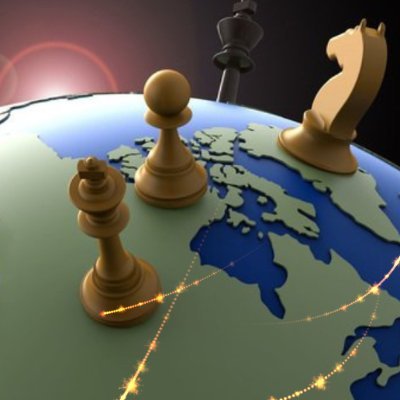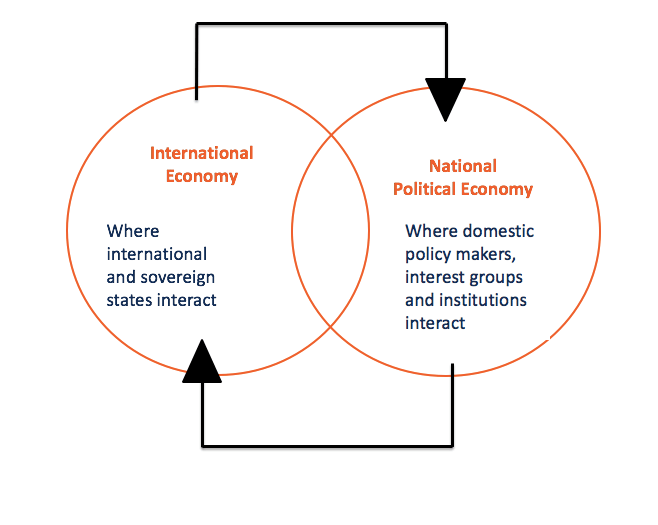

But interstate dynamics are often based on authority relations between superordinate and subordinate states that allow some actors to control political space and actions.
.jpg)
The international system is anarchic in that there is no overarching authority empowered to adjudicate disputes and differences between states. How do we understand and quantify power? Is the distribution of economic and military resources alone enough to determine system polarity and positions of predominance? Or should we consider other, more diffuse, conceptualizations of power? Can concepts such as soft, structural, agenda-setting and institutional power help us to better interpret international life? This section unpacks different forms of power so as to provide students with a comprehensive toolkit with which to analyse international interactions, events and trends.īarnett, M and Duvall, R.

Develop an understanding of the local, national, international and global dimensions of political activity.Understand key political concepts and contemporary political issues in a range of contexts.They will develop an understanding of the local, national, international and global dimensions of political activity and processes, as well as to explore political issues affecting their own lives.

Students will explore fundamental political concepts such as power, equality, sustainability and peace in a range of contexts. The study of global politics enables students to critically engage with different and new perspectives and approaches to politics in order to comprehend the challenges of the changing world and become aware of their role in it as active global citizens. Global politics is an exciting, dynamic subject that draws on a variety of disciplines in the social sciences and humanities, reflecting the complex nature of many contemporary political issues.


 0 kommentar(er)
0 kommentar(er)
